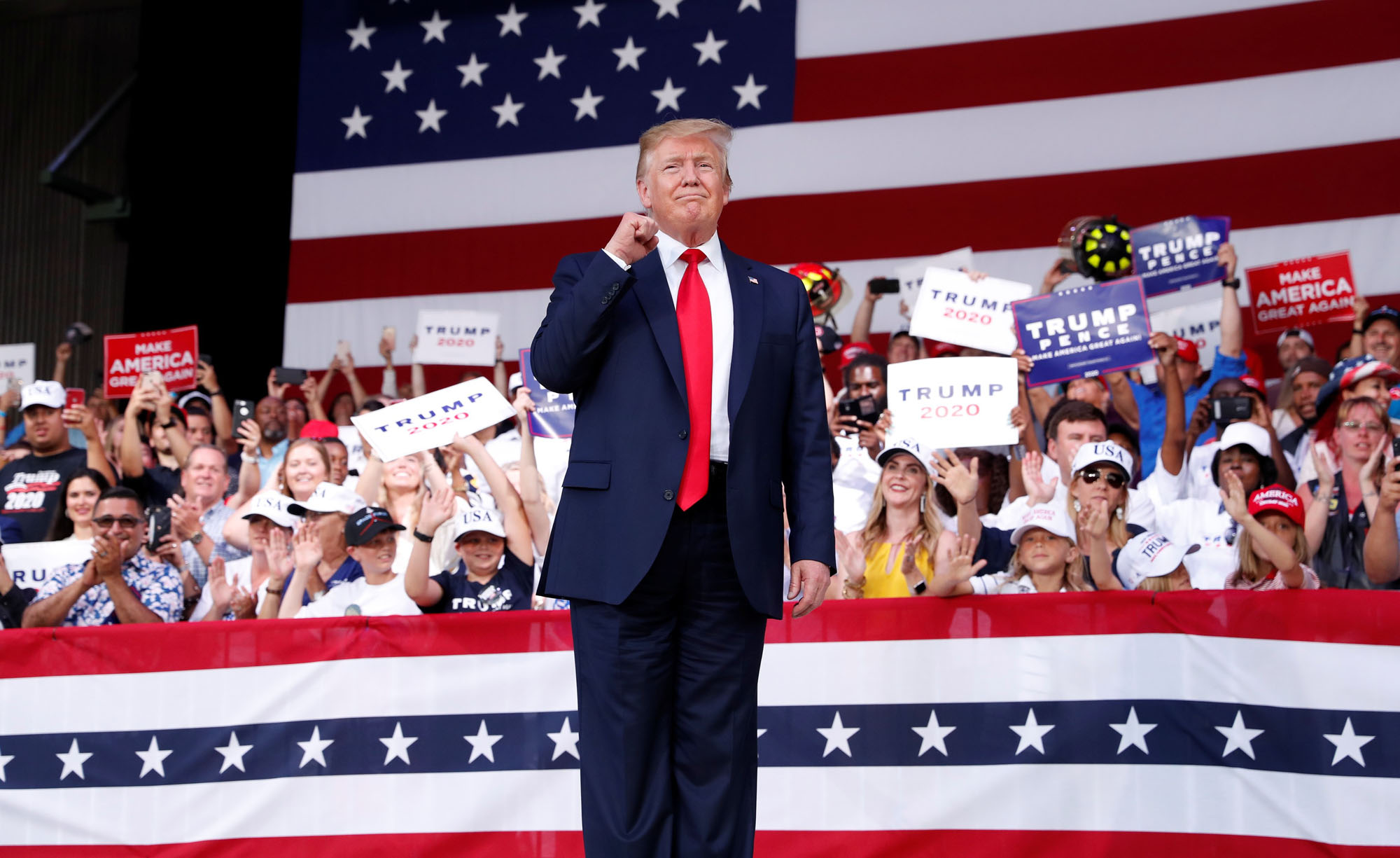Public attitudes toward U.S. foreign policy are a mess of ambiguities and seeming contradictions. Americans don't particularly like U.S. President Donald Trump's policies, but they share some of his ambivalence about the country's vast global role. They are not retreating into isolationism, but neither are they persuaded by the traditional justifications for America's efforts to shape the world.
These are the principal takeaways from a recent opinion survey conducted by the progressive-leaning Center for American Progress. For those who believe that American global engagement has been a good thing for the country and the world, the survey provides reason for optimism and pessimism alike. And it highlights the challenges Trump's successor will face in rebuilding a foreign policy consensus that has frayed badly.
The good news is that Trump's statecraft — a zero-sum version of nationalism emphasizing military strength, opposition to immigration and skepticism about America's global responsibilities — is not very popular. Yes, perhaps one-third of the population can be categorized as "Trump nationalists," but the president's foreign policy approval rating is an unimpressive 40 percent. Americans are not exactly clamoring for more casual belligerence, economic protectionism, diplomatic self-isolation and simple incompetence.

















With your current subscription plan you can comment on stories. However, before writing your first comment, please create a display name in the Profile section of your subscriber account page.